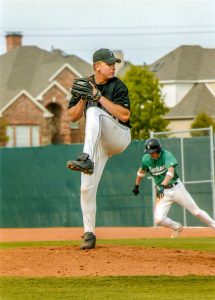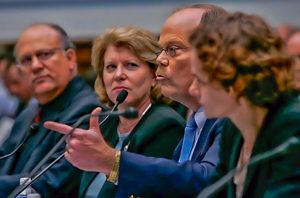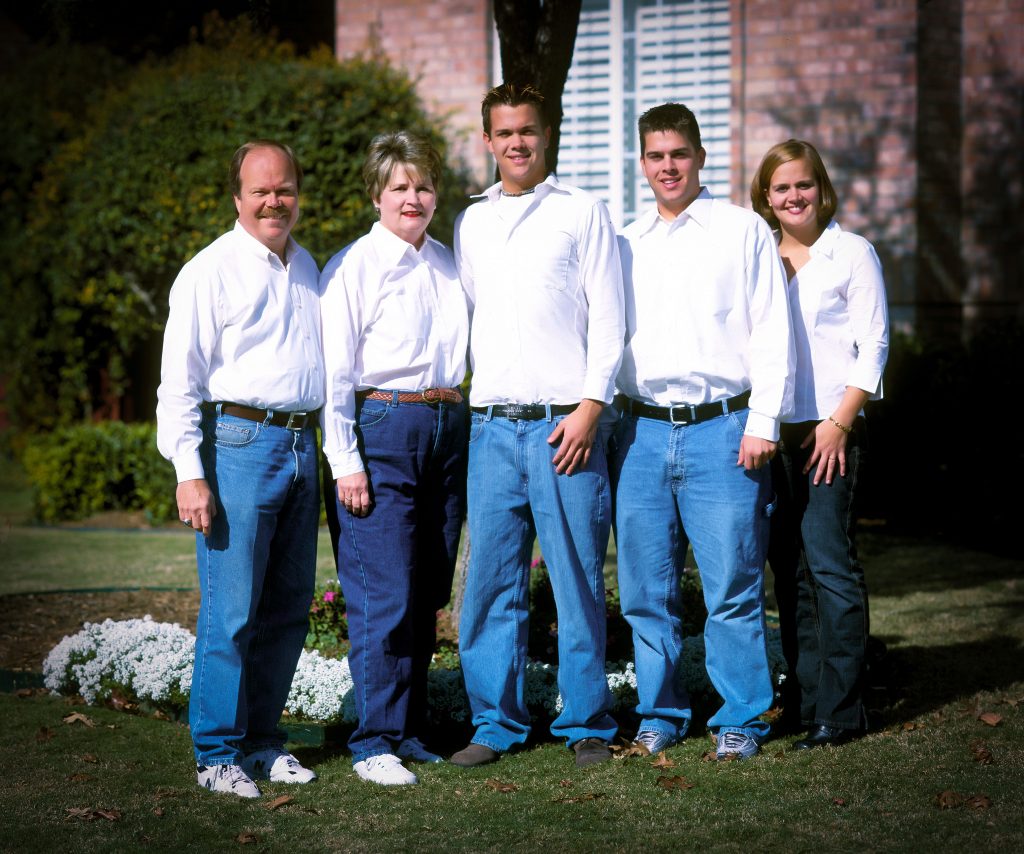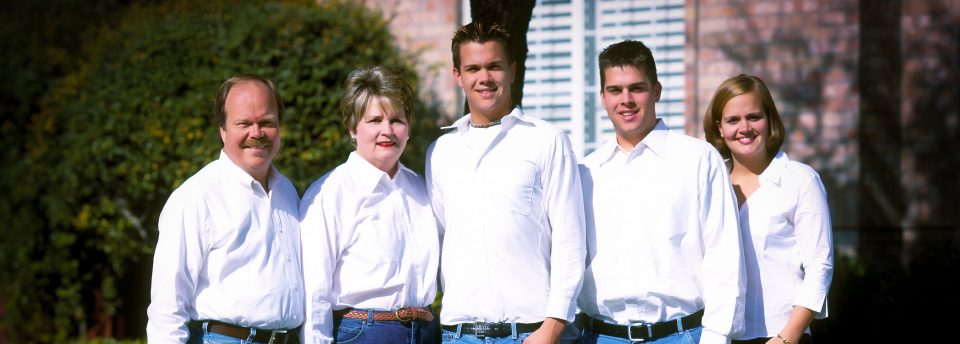Don Hooton’s Mission: Keeping Kids Safe from Steroids
by Kristin Ciccarelli
When he isn’t on the road, spreading the word on the dangers of Appearance and Performance Enhancing Drugs (APEDs), Don Hooton says he enjoys the twenty-foot commute to his home office, cup of coffee in hand. But as founder of the Taylor Hooton Foundation (THF), named after his beloved 17-year-old son who died tragically in 2003 as the result of steroid usage, he says his time is best spent out of the office.
When Taylor died, Don and wife Gwen were shocked to learn how many of their son’s friends also used steroids. “We figured if we’d been ignorant, other parents were too,” he says. His initial step was simply to reach out locally, and just six weeks after Taylor’s death, he spoke to over 600 students at Plano West High School. But what began as a grieving father’s cautionary tale to Taylor’s classmates quickly grew to something much bigger. A Dallas Morning News reporter in the audience that day ran a story, leading to another story in the New York Times. Soon after, Sixty Minutes called. “I realized this wasn’t some epidemic limited to North Texas. Somehow, we’d walked into an information vacuum on a national level,” he says.

Since then, Don and THF have moved nothing short of mountains, taking part in three Congressional hearings and fundraising through numerous events, including an annual golf tournament. THF also joined forces with the Major League Baseball franchise to educate young people across the country. Two years ago, it launched the “All Me League,” a program enlisting professional baseball players to commit to “clean” playing, thus providing positive role models. After just one year, the program had at least one player from all 30 MLB franchises.
These days, however, APEDs aren’t limited to the playing field; in our selfie-obsessed culture, kids are desperate to stand out based on their looks and often go to dangerous extremes. “Our biggest challenge has always been getting people to recognize the scope of the problem,” Don says. “Believe me, the problem’s there, and it’s going on in your child’s school.”
While the median age for anabolic steroid use is 15 years, the average age to start taking unregulated dietary supplements—including protein shakes, creatine powders and high energy drinks— is just 10 ½. Through his extensive research, Don has found that at least 20-25% of over-the-counter dietary supplements are spiked with anabolic steroids. “Unless you test it, you really have no idea what’s in those supplements,” he says. “Kids need to know what they’re putting into their bodies.”

Even after thirteen tireless years, for Don Hooton—it’s just the beginning. THF is now working with the American Academy of Pediatrics as well as top medical experts to develop standardized training materials so that physicians can properly understand and diagnose steroid usage in youths. This group is building toward a national conference in spring 2017 that will require $200-$300 million in funding. And while Don says he can’t personally fathom these numbers, “Our goal is to continue working to provide research and solutions to the APED problem. If we can accomplish this one thing and do it right, it’ll be the biggest thing we could possibly have accomplished.”
For his unprecedented work on the issue of youth steroid use, and his tireless spirit after the loss of his son, we’re proud to award Don Hooton our Very Inspiring Parent (VIP) Award.



